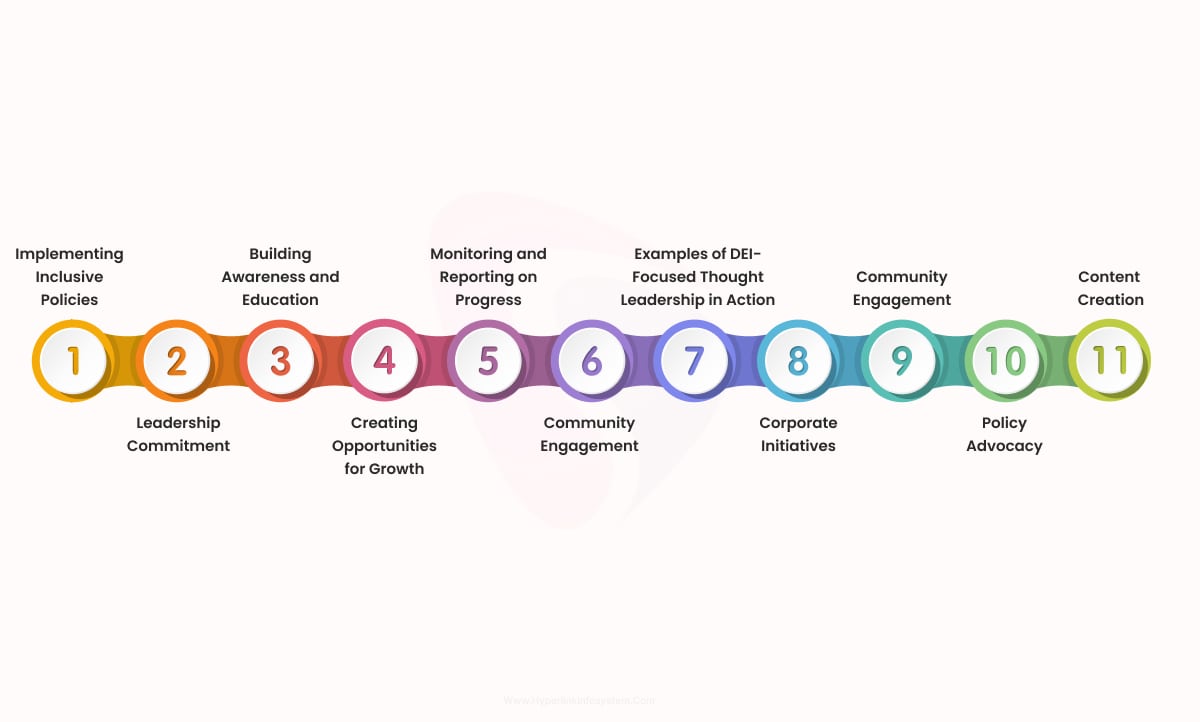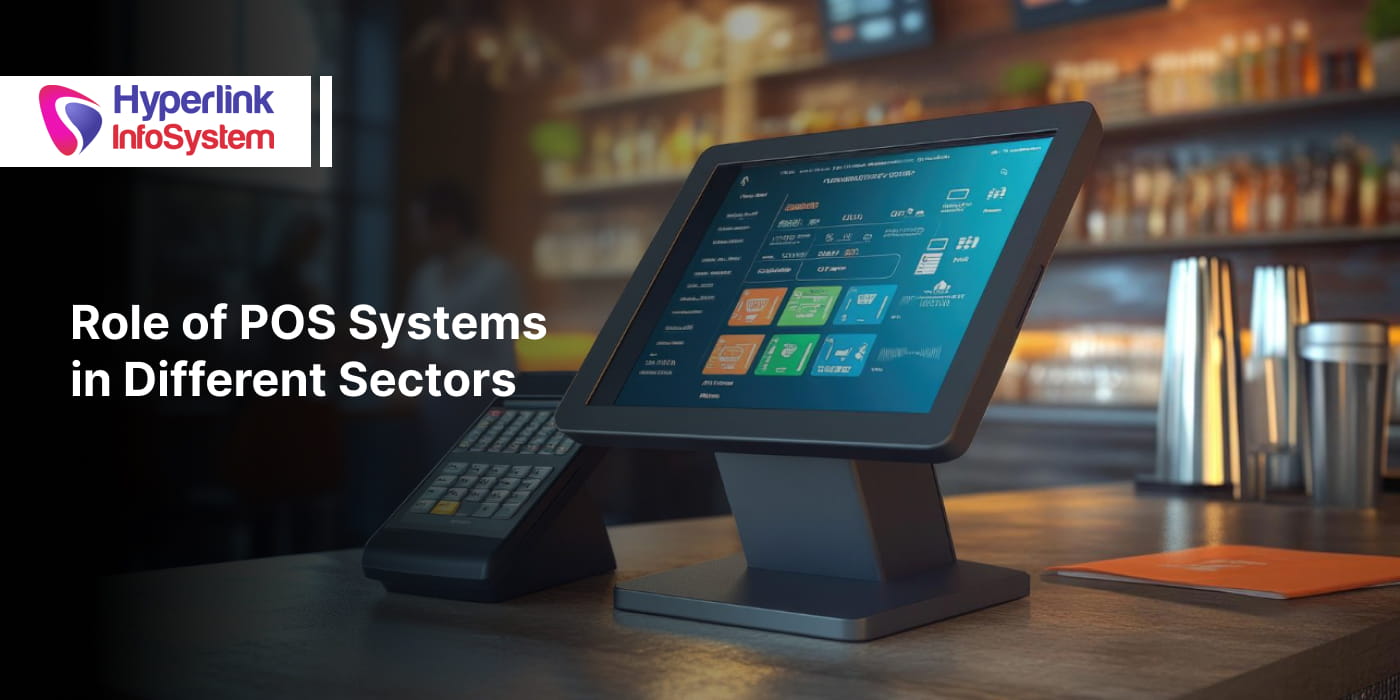Role of Generative AI in Accelerating Drug Discovery
Oct 2024
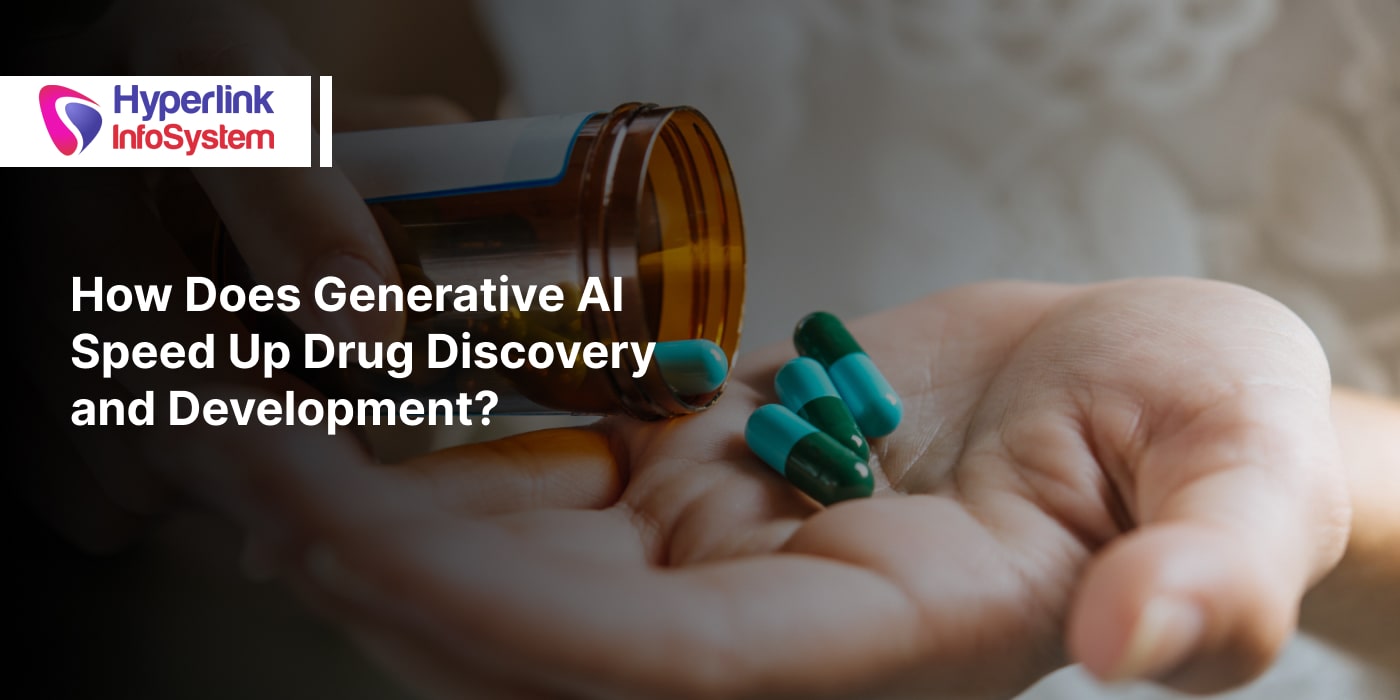
The thing is that the pharmaceutical industry is always going to be in demand. With advanced and smart technologies like artificial intelligence, this industry is leveraging its potential to speed up and enhance its different verticals. In this blog, we'll learn about how AI speeds up the drug discovery process.
Traditional Drug Discovery and Development Process
The typical process is long, complex, and costly. First, they identify targets like proteins or genes related to the disease, and when the potential cause is found, they go through large-scale screening for further improvements. After that, the optimized drug molecules go into preclinical testing to ensure safety and effectiveness. After this process, the drug is submitted for regulatory approval. Once approved, it is launched in the market and continues to be monitored for safety purposes.
This traditional process is time-consuming with a very high failure rate, plus cost is always a concern! This is a clear statement that this process needs to be upgraded and generative AI in drug discovery is the best possible solution for streamlining the process and improving success rates with comparatively lower costs.
Role of Generative AI in Accelerating Drug Discovery
Generative AI uses advanced algorithms that help professionals predict new potent drug molecules. Generative AI also helps in optimizing and streamlining the entire workflow of the drug discovery process.
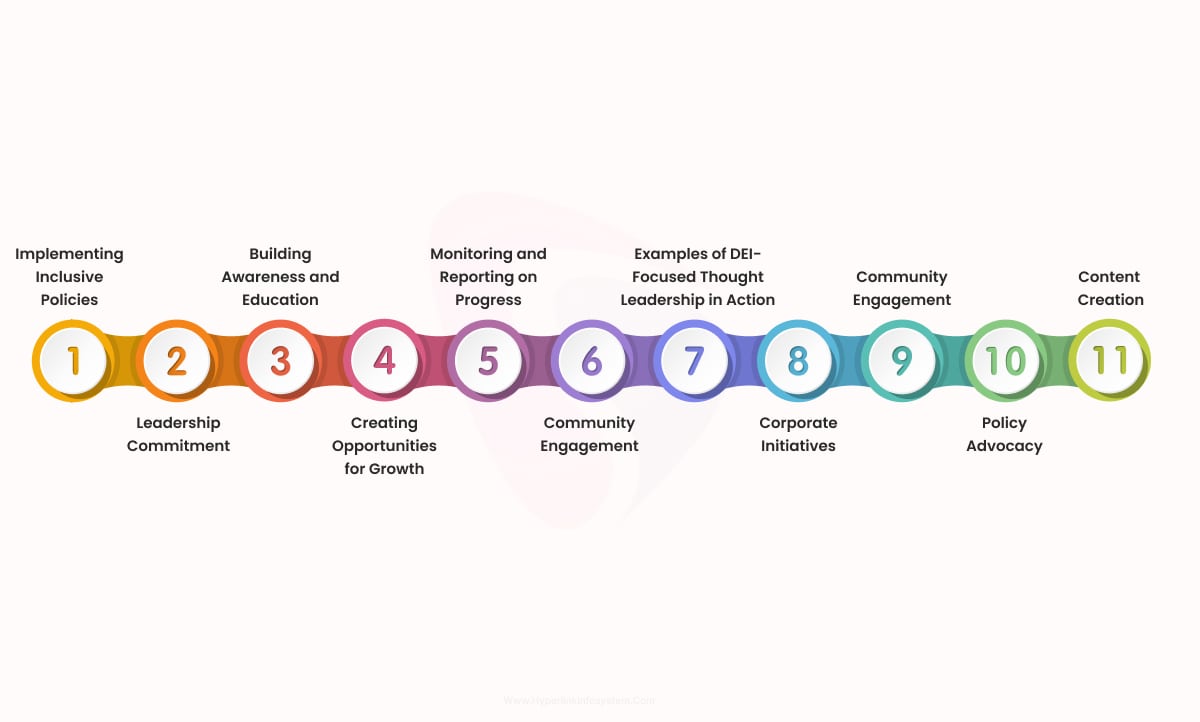
- Faster Molecule Design and Development:
Generative AI may rapidly generate new possible molecules by examining extensive biological data sets and finding correlations among chemical configurations as well as their potential effects on specific biological targets. It facilitates phases such as hit identification and lead optimization by generating new compounds with an increased likelihood of success during the drug discovery process.
- Drug Target Interaction Forecasting:
Using machine learning, generative AI can forecast a drug's molecular interactions with biological targets. As a result, it saves a lot of time that goes into lab experiments. Generative AI in drug discovery can simplify and streamline these drug-target interactions with high accuracy.
- Improved Success Ratio:
The failure rate is very high in clinical trials and that is one of the biggest challenges with traditional drug discovery and development. Generative AI helps in optimizing drug properties, which results in reducing side effects and improvement in effectiveness. Generative AI in drug development helps with the prediction too, like which patient groups are more likely to respond positively to the drug to ensure an improved success ratio.
- Repurposing Existing Drugs:
Generative AI helps in identifying new uses for existing drugs. By analyzing the historical data and properties of approved data. Generative AI accelerates the process of repurposing existing drugs.
- Streamlining Data Processing:
In the drug discovery process, there is a lot of data. Examples are generic data and the results of clinical trials. Generative AI can quickly manage and interpret this information, providing researchers with meaningful insights unlike in the case of the earlier methods used for drug discovery. In addition, it hastens decision-making by helping researchers identify patterns as well as correlations that would have otherwise escaped them if they had relied on traditional analyses.
By way of using generative AI’s potentialities, researchers and pharmaceutical companies can drastically reduce the time and cost corresponding to the development of new drugs.
Benefits of Generative AI in Drug Discovery and Development
As pharmaceutical companies' drug development methods are changing, it is generative AI's various advantages that are revolutionizing them. By using generative AI, pharmaceutical firms can create more innovative and targeted therapies and address some major challenges in traditional drug development.
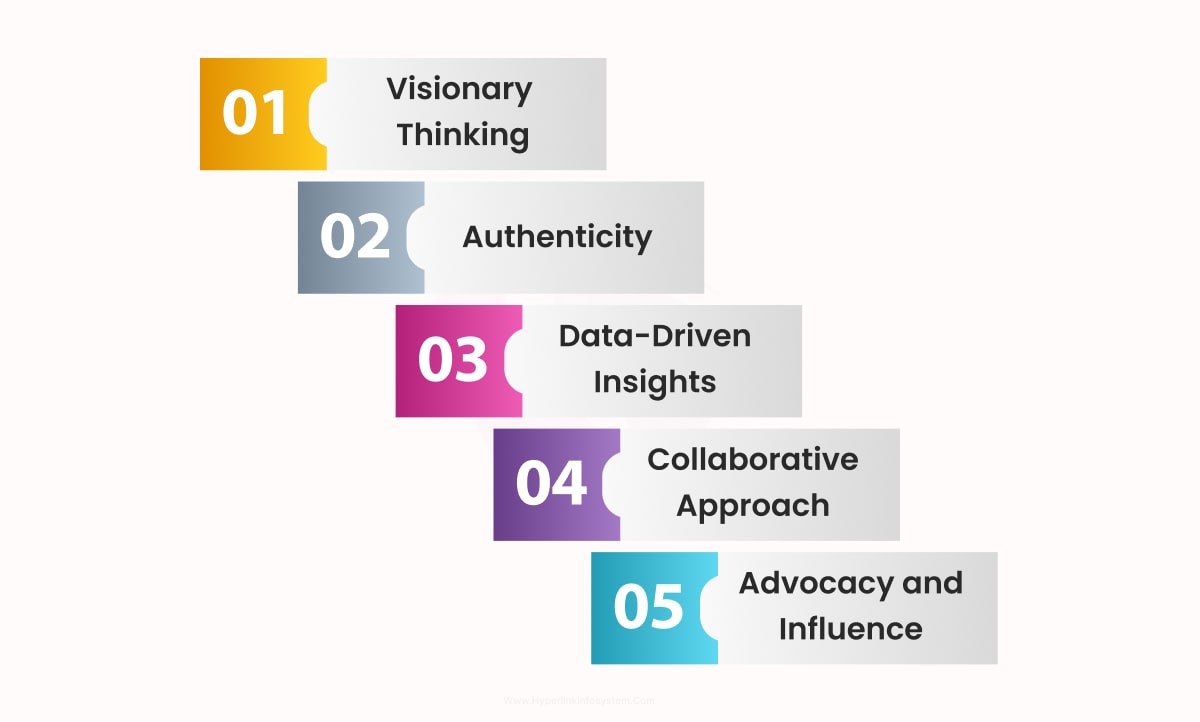
- Faster Drug Discovery:
There are many advantages to using generative AI in drug discovery, with the most significant being its ability to shorten the duration of the entire process significantly. When it comes to designing new molecules, searching through large stores of data, as well as predicting interactions between drugs and their targets, artificial intelligence enhances efficiency by carrying out all these tasks automatically or semi-automatically. This way, research that could take years may instead only last for months or even weeks.
- Reduced and Effective Cost:
Traditional drug development is notoriously expensive, often costing billions of dollars, and characterized by its high failure rate and prolonged trial-and-error stages. Generative AI reduces these costs by focusing on only the most promising compounds, enhancing the medication candidate's success rate, and maximizing the efficacy of clinical trials. The use of AI to identify repurposable pharmaceuticals also spares time and funds by recycling substances that have already gone through testing.
- Higher Success Rates in Clinical Trials:
When it comes to early-stage drug discovery, generative AI helps to make drugs more promising; this means that they are likely to succeed in clinical trials. By predicting adverse effects, interactions, and reactions of patients’ bodies, generative AI can help researchers create safer and more efficient drugs, thus improving the possibilities for success in human tests.
- Personalized Medicine:
The use of AI has enabled personalized medicine, which entails customizing treatments for specific patient populations. Through the use of generative AI, researchers can develop drugs that are specifically designed for individual patients or categories of patients who are likely to see the most significant advantages from them, thus improving treatment outcomes.
- Insights and Analytics:
With extraordinary speed, generative AI can deal with and analyze tremendous amounts of biological and chemical information beyond any understanding of human beings. Using a technique based on data helps expose hidden patterns and knowledge that can help identify new drug targets or potential therapies for rare diseases. Thus, this speeds up the development process as well as ensuring more informed decisions.
- Reduction in Human Error:
AI is used in data processing, molecular design, and clinical trials that decrease human error. This speeds up the time it takes to develop medication while providing better results because it ensures accuracy and keeps the research intact.
In terms of employing generative AIs in drug discovery as well as development, there are numerous avenues for pharmaceutical companies. This results in new medicines appearing quickly, reducing the overall expense of development while increasing efficiency and broad success rate.
Also Read, What Is Generative AI - Complete Guide
How to Use Generative AI for Drug Discovery and Development?
As drug discovery and development undergo a transformation, pharma companies, researchers, as well as artificial intelligence company has found generative AI to be an essential resource. Generative AI can be used to automate various stages of the drug development process by employing contemporary algorithms, such as detecting perspectives that may serve as potential therapeutic candidates or optimizing them for clinical trials. One way in which generative AI can effectively be applied is as follows:
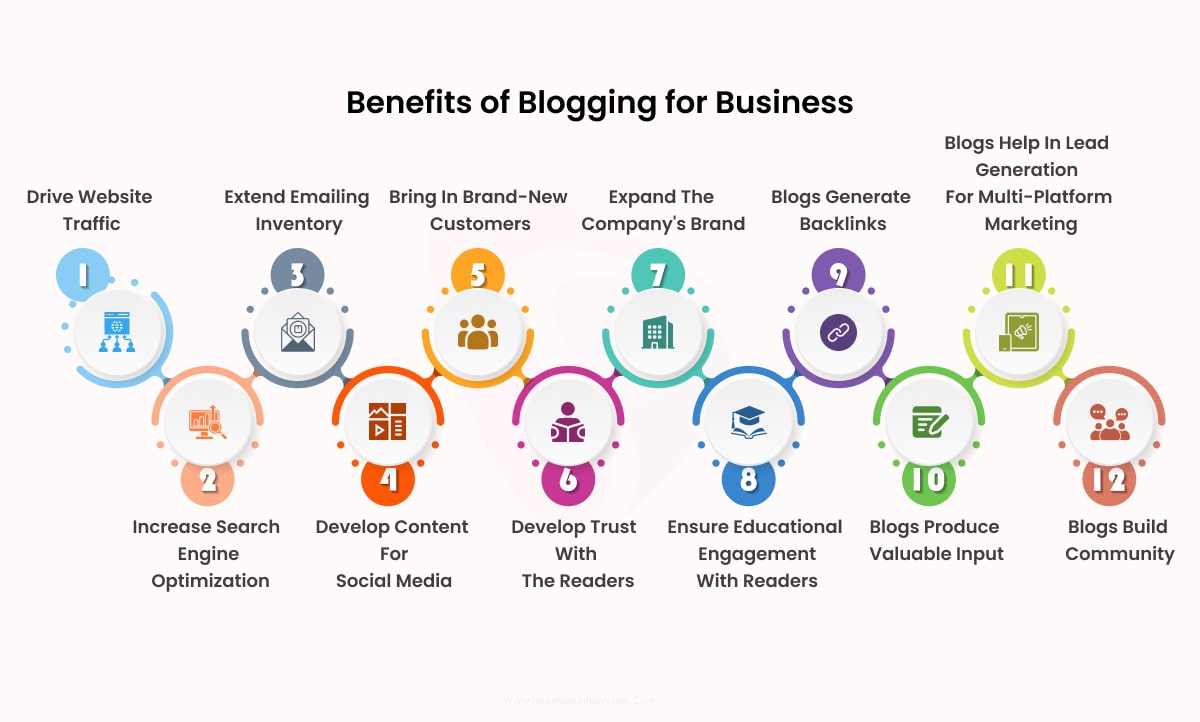
- Data Gathering and Integration
The first service of the request to apply generative AI for drug discovery is to obtain large datasets such as clinical data, chemical data, and biological data. For instance, artificial intelligence (AI) has to have a massive amount of data which is made up of chemical compound libraries, genetic sequences, and protein structures for it to work well. AI can create a rich data pool that can be used to discover drugs by integrating information from various sources such as research papers, clinical trial results, and public databases into one source.
- Identifying Drug Targets
Looking for potential pharmacological targets through the analysis of genes, proteins, or biological processes responsible for specific disorder generation, AI is very effective. By reviewing large sets of proteomic and genomic data, AI can rapidly find out which candidates are highly likely to respond to these treatments, thus reducing the time taken to find partners for further examinations.
- Designing of New Molecules
Drug discovery is greatly influenced by the creation of new compounds through one of the applications of generative AI. Using deep learning models, AI can suggest unique drug candidates that target specific biological interactions. It can alter their chemical structure to make them less harmful or more efficient, causing the creation of molecules. Thousands of potential chemicals can be proposed by AI algorithms that enable researchers to focus on the best candidates.
- Analyzing Drug Effectiveness
AI can predict the responses of biological systems to newly synthesized chemicals that help determine their effectiveness and possible side effects beforehand. Generative AI serves as a useful tool for estimating adverse reactions from drugs using predictive modeling techniques, showing what happens with a certain patient group after administration of a specific medicine, or even simulating complex medication-receptor interactions. Thus, laboratorians save time by excluding non-viable candidates at the initial steps of development rather than conducting tedious laboratory experiments on each compound.
- Faster Preclinical Testing
The preclinical testing of drugs can be assisted by generative AI which forecasts the behavior of animal models for a specific drug candidate. Pharmacokinetics is described as the area of study that deals with how medicinal products penetrate and escape from an organism’s system, whereas pharmacodynamics is focused on their actions once they have already crossed this barrier into circulation. Therefore, this enables to save on time and resources since only those candidates who are bound to succeed move forward.
- Improving and Optimizing Clinical Trials
By using machine learning, generative AI plays an important role in improving clinical trials. It predicts which patient groups are likely to respond positively to a new drug. AI can assist professionals in designing trials that evolve based on real-time data, improving the chances of success in later trial phases.
- Drug Repurposing
The potential utilization of AI in present medications is highly important when looking into their biological and chemical properties that are relevant to other diseases. In cases where emergency cures for pandemics are needed, this approach may work best since it becomes time-efficient, therefore making medicines available and affordable. AI-driven drug repurposing is especially useful for this purpose since these drugs have already passed through safety assessment.
- Continuous Learning and Improvement
- Continuous Learning and Improvement
One of the major advantages of generative AI is that it has a capacity for continuous learning and development. Artificial intelligence models can be retrained to become more accurate and sensitive as trials and studies generate more data, which eventually leads to better drug designs and faster discoveries.
By integrating into the drug discovery pipeline these methods and generative AI, pharmaceutical corporations and academics can substantially speed up the discovery and development of new medications. Enhancing such initiatives may lead to inventive treatments with shorter timeframes for their approval. This could be achieved through partnerships with generative AI developers or recruiting specialists in medicinal development whose expertise is centered on AI.
Case study
Using generative AI, AI-driven biotechnology business Insilico Medicine discovered a potential pulmonary fibrosis treatment option, significantly reducing the time and costs involved in traditional drug discovery methods. In this case, the AI platform of the company analyzed enormous amounts of scientific data to find disease-related targets and quickly designed hundreds of drug-like compounds that were optimized for safety and efficacy. It is amazing to discover that this process only took 21 days as against the normal period of three to five years it takes to undertake preclinical testing (the stage at which candidate drugs are ready).
Insilico Medicine's success is an indication that applying artificial intelligence in the pharmaceutical sector can decrease time and expenses while increasing the success rate. Therefore, it is now a must for drug makers to incorporate AI into their drug discovery processes.
This example shows how cutting research costs and timeframes using generative AI can transform drug discovery. By demonstrating a new paradigm for pharmaceutical creation and development, Insilico Medicine's methodology emphasizes AI's potential to address complicated diseases more quickly and effectively.
Conclusion
Hire AI engineers to make the most of AI's potential for machine learning and medication development. You can determine how generative AI can speed up drug discovery by working with a generative AI development company. At Hyperlink Infosystem, we have a team of expert and experienced AI engineers who will help you accelerate drug discovery by using artificial intelligence. Contact us for more information.
Frequently Asked Questions
Generative AI speeds up the drug discovery and development process by faster molecule design and development, drug repurposing, drug target interaction, and an improved success ratio.
No, AI will not replace pharmaceutical scientists but generative AI will help in accelerating the drug discovery and development process.
Generative AI can help in analyzing and predicting based on the vast data in banking and finance. It also helps in identifying potential future risks.
Latest Blogs

Is BlockChain Technology Worth The H ...
Unfolds The Revolutionary & Versatility Of Blockchain Technology ...


IoT Technology - A Future In Making ...
Everything You Need To Know About IoT Technology ...

Feel Free to Contact Us!
We would be happy to hear from you, please fill in the form below or mail us your requirements on info@hyperlinkinfosystem.com
Hyperlink InfoSystem Bring Transformation For Global Businesses
Starting from listening to your business problems to delivering accurate solutions; we make sure to follow industry-specific standards and combine them with our technical knowledge, development expertise, and extensive research.
4500+
Apps Developed
1200+
Developers
2200+
Websites Designed
140+
Games Developed
120+
AI & IoT Solutions
2700+
Happy Clients
120+
Salesforce Solutions

40+
Data Science











